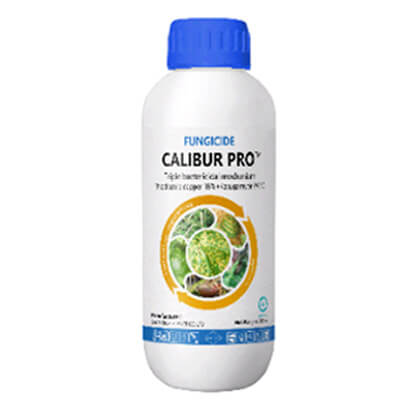
The Science Behind the Bioavailability of Nutrients in Humic Acid Organic Fertilizer
In today's world, where sustainable farming practices are becoming increasingly important, organic fertilizers are gaining popularity. Among the various types of organic fertilizers available in the market, humic acid organic fertilizer stands out as a powerful and effective option. In this blog, we will delve into the science behind the bioavailability of nutrients in humic acid organic fertilizer, exploring its benefits and the reasons why it is a valuable addition to any farmer's toolkit.
Introduction to Humic Acid Organic Fertilizer
Humic acid, a natural compound found in soil, is extracted to create humic acid organic fertilizer. This organic fertilizer is produced through a meticulous process that involves extracting humic acid from various sources, such as decomposed organic matter like peat, lignite, and leonardite. The resulting product is a mineral-rich amendment that enhances soil fertility, improves nutrient uptake, and promotes plant growth.
The Nutrient Binding Effect of Humic Acid
One of the key factors that set humacid organic manure apart is its ability to bind and chelate essential nutrients. Humic acid molecules have a unique structure that enables them to capture and retain nutrients, preventing them from leaching away or becoming unavailable to plants. This process enhances nutrient availability and reduces the risk of nutrient deficiencies, resulting in healthier and more productive plants.
Improving Soil Structure and Water Retention
Humic acid organic fertilizer not only promotes nutrient availability but also improves soil structure and water retention. When applied to the soil, humic acid helps to aggregate soil particles, creating spaces for air and water movement. This enhanced soil structure allows plant roots to penetrate more easily, ensuring better nutrient and water absorption. Additionally, the humic acid's ability to hold on to water molecules reduces water evaporation from the soil, improving water-use efficiency and reducing irrigation needs.
Enhancing Microbial Activity and Nutrient Cycling
Humic organic fertilizer plays a crucial role in enhancing microbial activity in the soil. It acts as a food source for beneficial soil microorganisms, promoting their growth and activity. These microorganisms, in turn, break down organic matter more efficiently, releasing essential nutrients that were previously locked away. This nutrient cycling ensures a constant supply of vital elements, leading to improved plant health and productivity.
Humic acid organic fertilizer offers numerous benefits by improving the bioavailability of nutrients in the soil. Its ability to bind and chelate essential nutrients, improve soil structure and water retention, as well as enhance microbial activity, makes it a valuable addition to any organic farming system.
In today's sustainable farming practices, the use of chemical fertilizers is being replaced by organic farming fertilizers. Among these, humic acid organic fertilizer stands out due to its unique science behind nutrient availability. By understanding how humic acid works to improve soil fertility and promote plant growth, farmers can make informed decisions about incorporating this powerful organic amendment into their farming practices. So, if you are looking to maximize nutrient availability and ensure healthier and more productive crops, consider harnessing the power of humic acid organic fertilizer.
Now click for humic acid fertilizer price



























